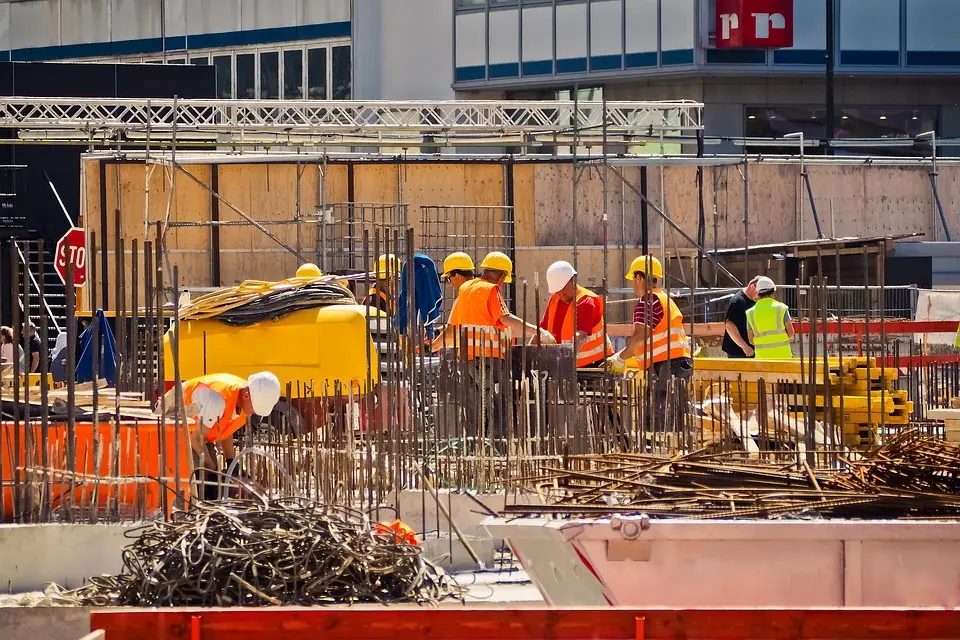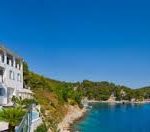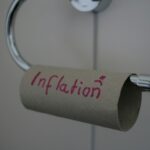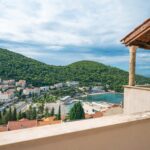As Ana Blaskovic/Poslovni Dnevnik writes, the rise of the property market has gained additional momentum with continued inflation, and the dynamics of price growth are increasingly causing disbelief. Buyers and sellers are wondering how long this will go on for, each from their own angle calculating the optimal time to sign a contract, and experts warn that problems are still accumulating.
Builders can hardly plan at a time when the prices and availability of materials are rampant, the state doesn’t have an adequate housing policy and housing affordability is becoming a luxury for locals while apartment and short-term rentals are booming. All of the above could be heard at the recently held round table called: ”Challenges and opportunities in the real estate market” organised by the well known Njuskalo portal under the moderation of Robert Pokrovac from Erste Real Estate.
“The public is increasingly realising that we have two real estate markets. One is based on tourism, where projects aren’t bought from a salary, but investors are focused on high-income buyers and foreigners, and the other is the lack of housing market for those people who live on Croatian wages,” said Josip Tica, professor at the Faculty of Economics in Zagreb.
Deficient policies
“Existing business models haven’t yet adapted to this duality, and the state lacks public policies that would focus on solving this problem. In the real estate market, it can often be heard that developers and investors are talking about a recession, but I don’t see a reversal of the cycle, only the existing model has come to an end. Projects are created two years before the ‘first shovel’ takes to the ground, so with inflation and current prices, it’s necessary to exchange data as well as possible. Inflation can end in either recession or monetary restriction and economic slowdown,” Tica said.
He added that in a situation when the country is perceived as attractive, and in which, due to tourism, foreign buyers have more purchasing power to influence real estate prices, there is a need to deal with the market where the domicile population will live, not just foreigners coming to Croatia.
Builders are plagued by a range of problems, from labour shortages to galloping raw material costs, and many have underestimated the dramatic jump in residential demand since the 2008 crisis, explaining the chronic shortage of current supply. For example, once between eight and nine thousand apartments were built in Zagreb, today the number is three times lower. The founder and procurator of Kamgrad, Dragutin Kamenski, pointed out that after joining the EU, this situation with the labour force was expected, and the local population is less and less tied to such occupations.
“It’s not easy, but we’re solving these challenges. Bringing foreigners in and having them work on sites instead of Croatian workers requires exceptional commitment to bring them into the system, people come to you who don’t have the skills, they have a language barrier, you have to solve the issue of accommodation, food… At one point, we introduced about 200 workers into the system, which is why our productivity dropped by 30 percent with an increase in other costs, which is our reality in Croatia. I’ll put it like this; On December the 31st, 2016, we had no foreign workers doing this, today we have almost no Croatian workers,” he said, illustrating the daily struggles faced by this industry.
He believes that programmes should be made so that everyone in the construction sector can prepare for things on time and plan their capacities, because, otherwise, tenders will be announced in which no one will have the conditions to apply at all.
Although the domestic brokerage market is well regulated, even better than in some other European countries, current times are demanding, according to Dubravko Ranilovic from the real estate agency Kastel-Zagreb.
“Now is the time for sellers, we have an upward cycle and inflation. Our market is small, it’s mostly under external influences, although it’s also shaped by local conditions such as earthquakes and tourism. Intermediaries need to be accountable for how realistic they’re being in their estimates and refer clients, and not just act for short-term earnings. At the same time, the media are communicating the requested prices, so it takes six to eight months for the owner to correct those (too) high prices, and agencies often tell apartment owners what they want to hear, which accelerates the growth of that same bubble,” warned Ranilovic.
He believes that there is too little talk about the necessity of adopting a proper housing policy, although the current model of the real estate market in Croatia is unsustainable because housing is of course a necessity. The state strengthened the construction of apartments with preferential tax treatment, which expanded to residential areas, taking away part of that space in favour of short-term rentals, and then further aggravated the situation with subsidies. On top of that, the earthquakes of 2020 revealed that the existing housing stock is very poorly maintained, building tenants often don’t even consider their chimneys, facades or roofs to be a problem, and that’s something that desperately needs to alter.
For more, make sure to check out our dedicated business section.









